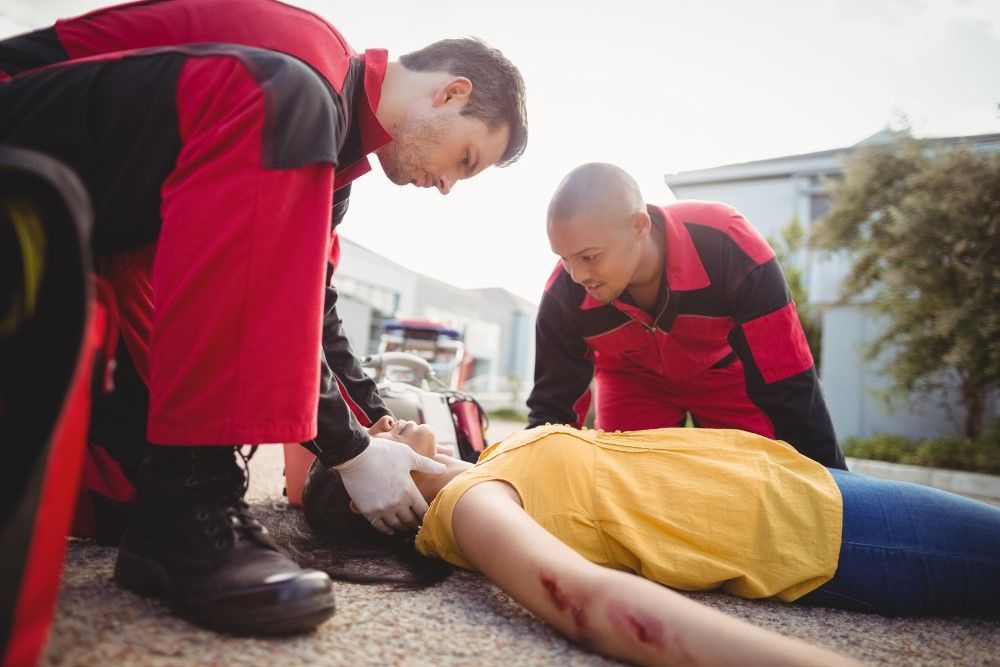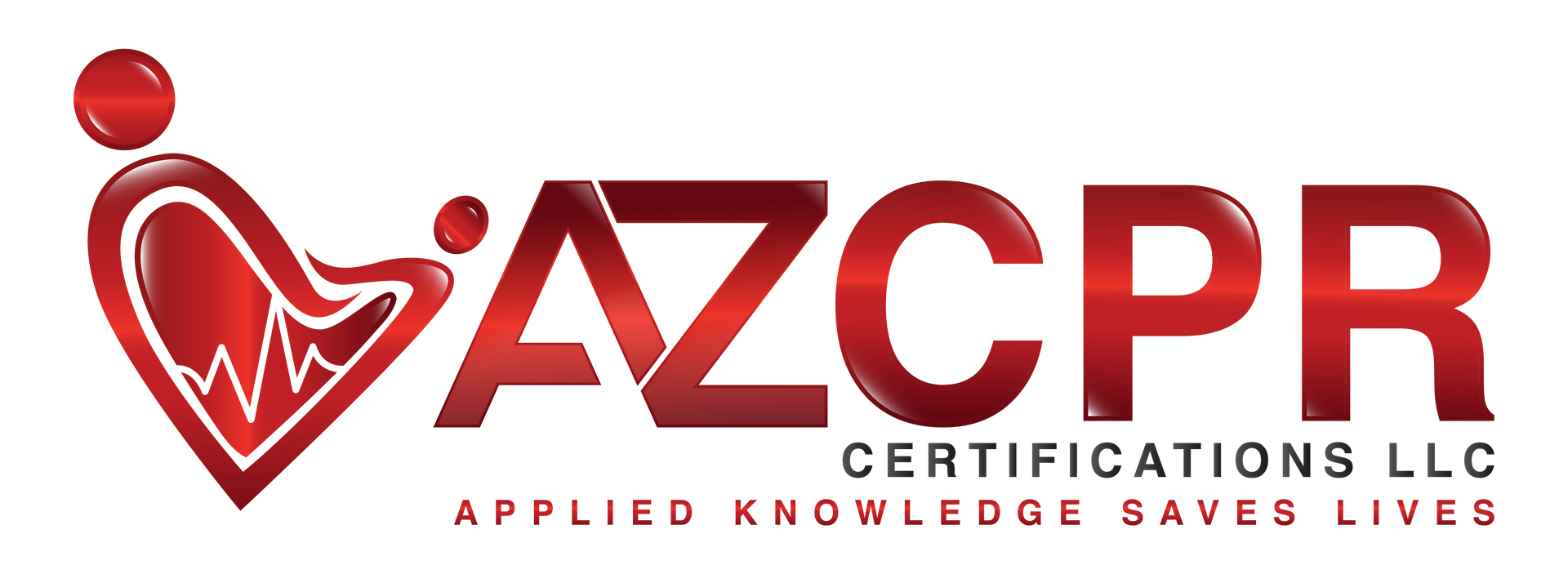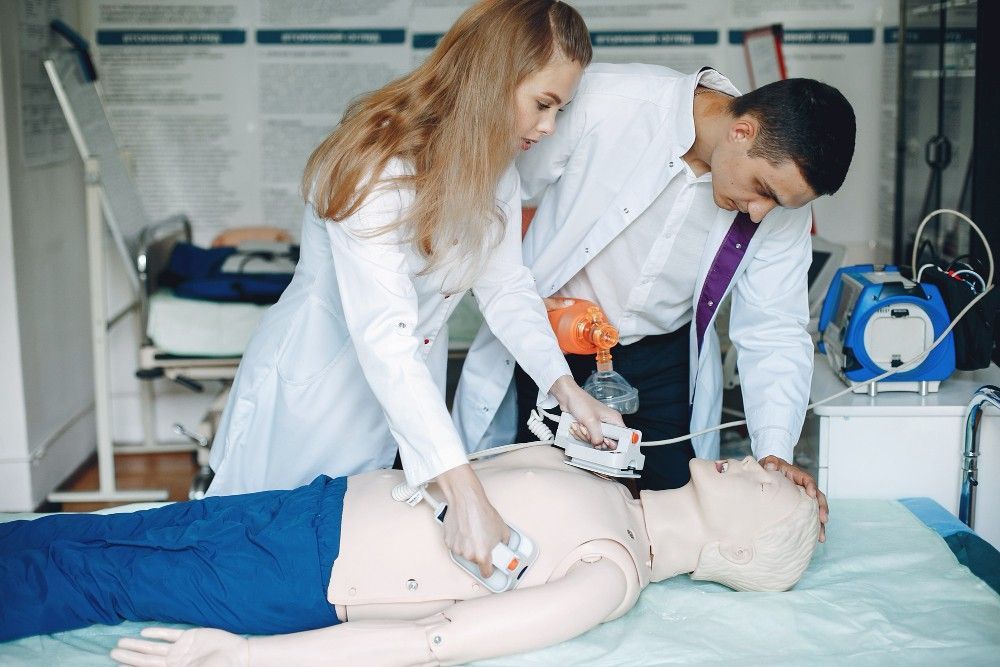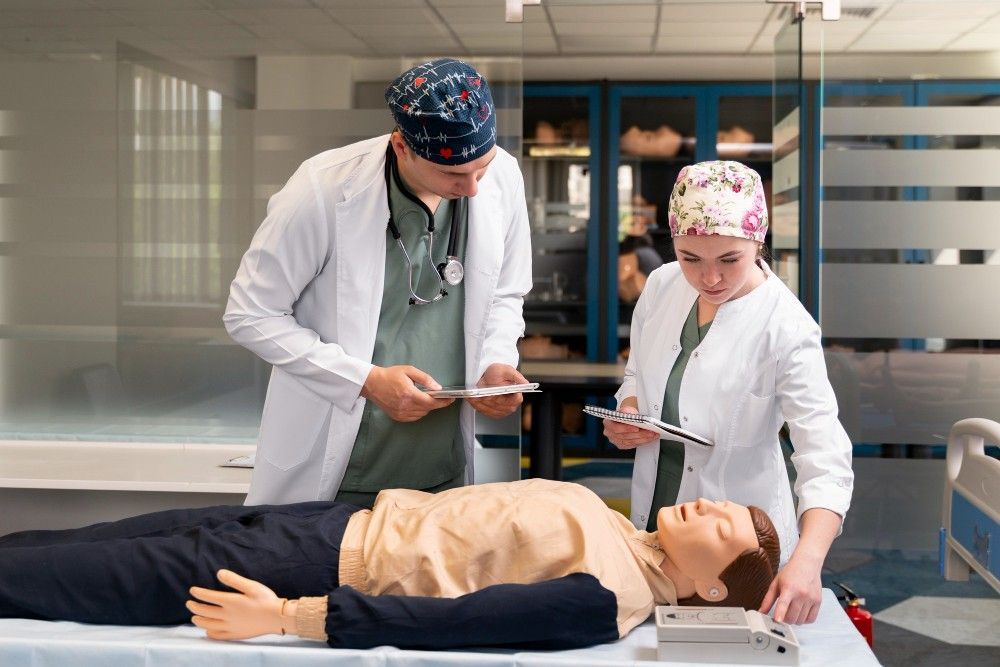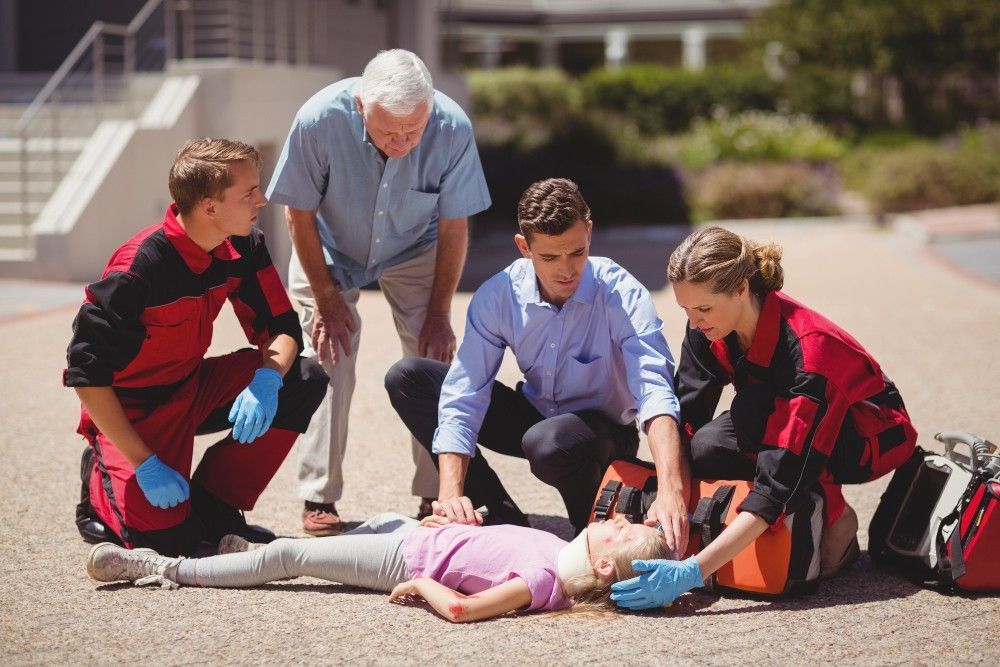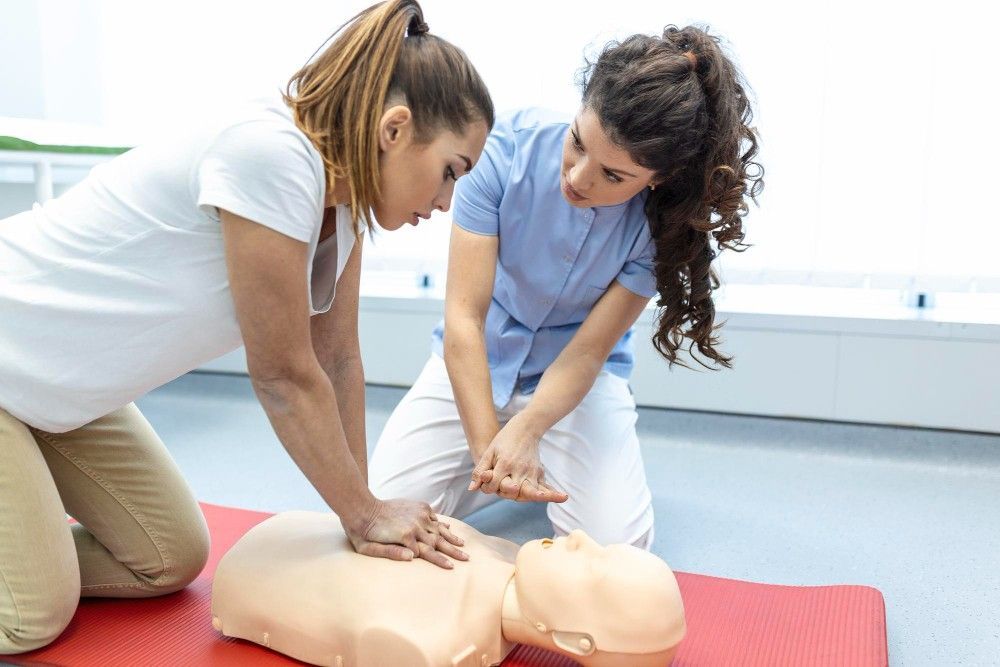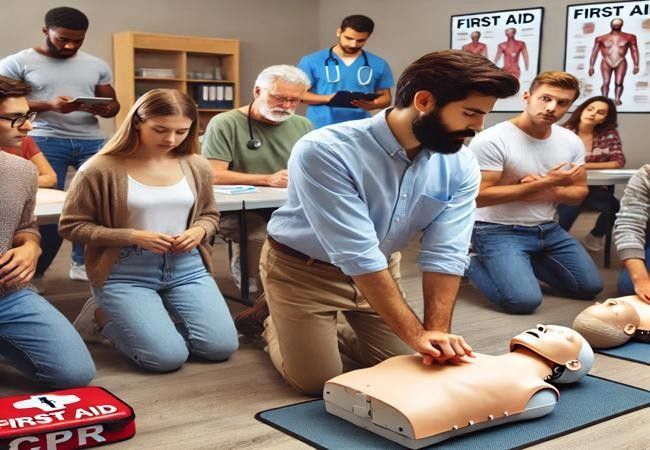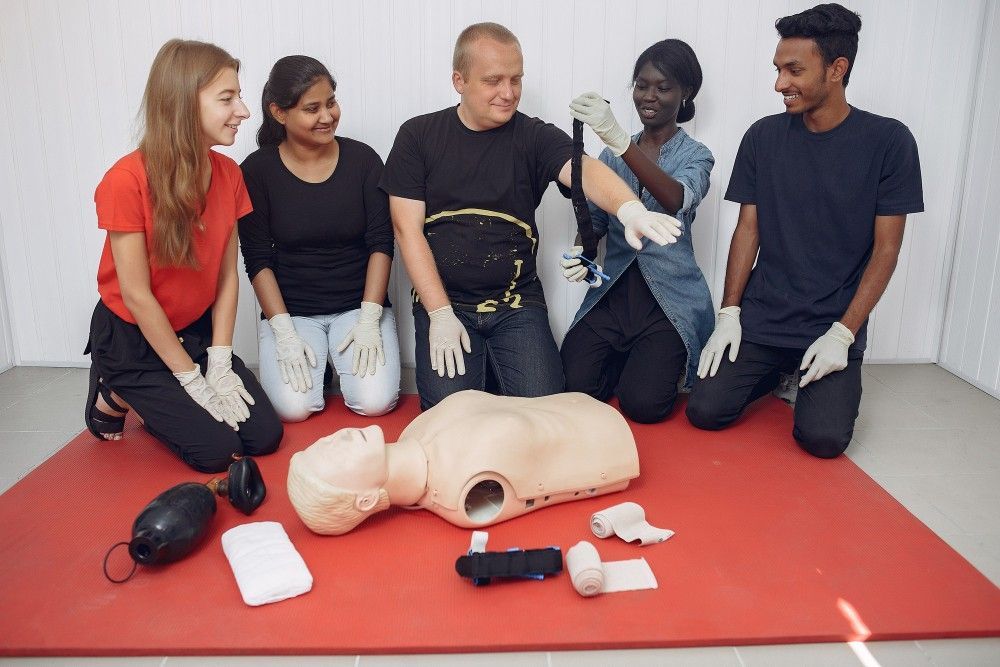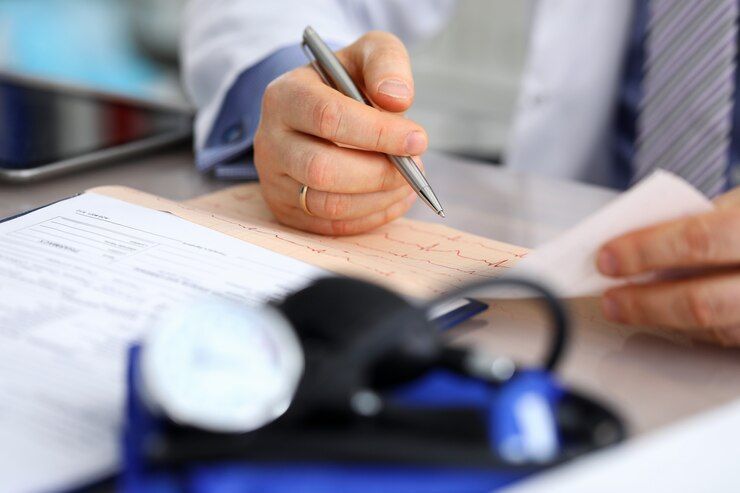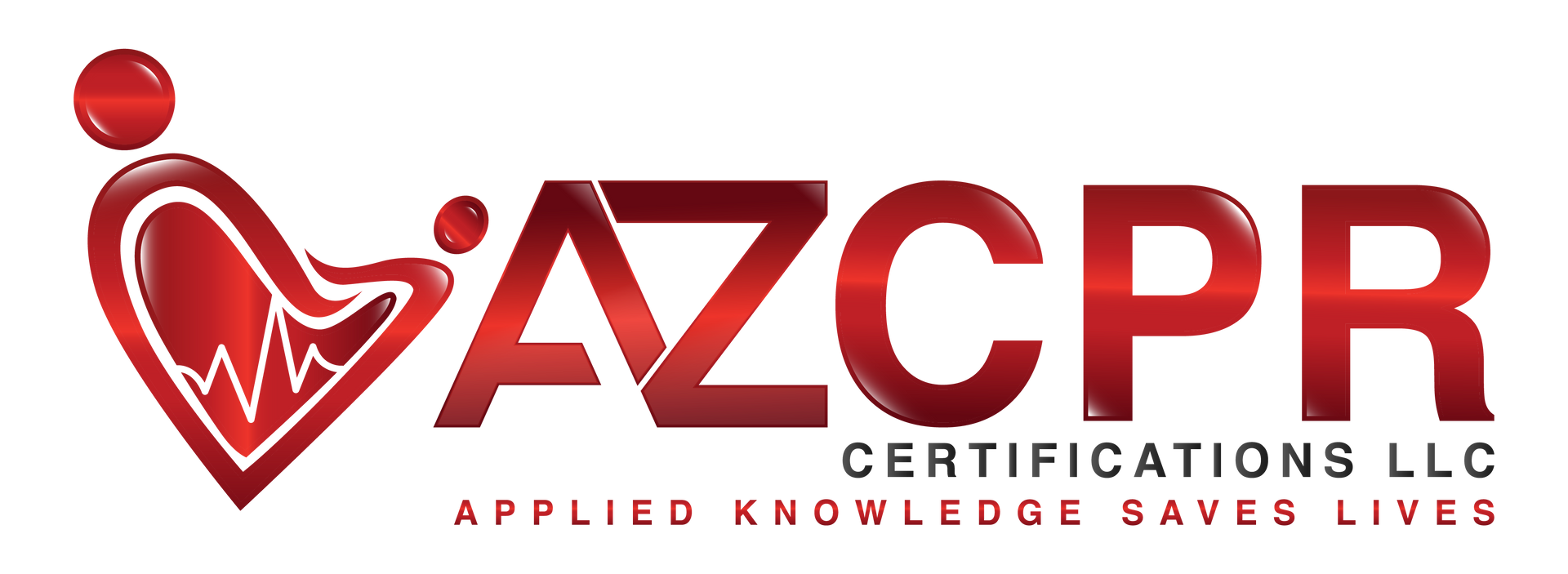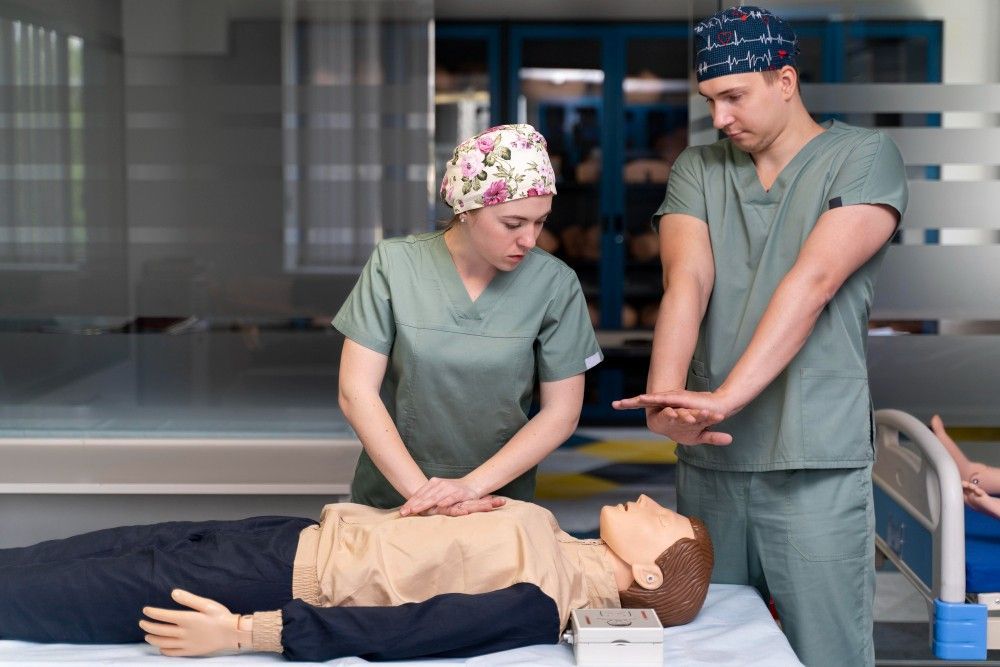
How CPR Classes in Tucson Prepare You for Real-World Emergencies?
Emergencies don’t knock before showing up, and most don’t happen in hospitals. That means the person who collapses in a grocery store aisle, the child who chokes during dinner, or the coworker who suddenly faints at a team meeting could be relying on you. That’s where the real value of CPR classes in Tucson becomes clear. It’s not about collecting a certificate to tack on a resume—it’s about being capable in a crisis, calm under pressure, and confident that what you do in those first few minutes could save someone’s life.
While CPR training has traditionally been associated with medical professionals, communities today are shifting toward wider accessibility and public knowledge. Programs offered through AZCPR Certifications reflect this trend, equipping both professionals and everyday folks with real-world skills grounded in the American Heart Association (AHA) standards. This makes the training more than just practical—it makes it essential.
Why Learning CPR is No Longer Optional?
Let’s be honest—how many people feel prepared when a medical emergency happens right in front of them? Freezing in fear is common. But fear fades when you're trained. Learning CPR isn’t just about chest compressions. It’s about training your brain to stay focused, your body to act automatically, and your mind to make quick decisions.
Those taking American Heart Association CPR classes in Tucson, AZ aren’t just memorizing steps; they’re practicing them until muscle memory kicks in. This level of preparation matters when time is critical. In fact, according to the AHA, immediate CPR can double or triple the chances of survival after cardiac arrest. So yeah—taking that class might be one of the most meaningful things you ever do.
Real-Life Scenarios You’ll Be Ready For
You might be surprised by the range of emergencies that CPR training prepares you to handle. Sure, cardiac arrest is at the center of it, but there’s more to it than just pumping a chest. CPR courses often incorporate first aid basics, recognition of stroke symptoms, techniques for choking relief, and how to use an automated external defibrillator (AED). That’s not just textbook knowledge—it’s situational awareness.
Whether it's an elderly neighbor collapsing on their porch, a teenager fainting on a soccer field, or a passenger losing consciousness during a flight, training through CPR classes in Tucson ensures you’ll know what to do fast. These courses even simulate stressful environments to mimic the real thing. You won't just be watching slideshows. You’ll be down on the floor, gloves on, making those hard calls under pressure.
The Role of the American Heart Association in Setting the Standard
There’s a reason AHA-certified courses are held in such high regard—they’ve set the national standard. The American Heart Association CPR classes in Tucson, AZ follow these evidence-based guidelines to ensure that what you learn is both current and effective.
The AHA updates its protocols every five years to reflect the latest research, and instructors who teach these courses are thoroughly trained and evaluated to maintain the highest quality of instruction. You’re not just learning from someone who knows the manual—you’re learning from someone who knows what it’s like to use these techniques when it matters most. That kind of quality control gives these courses an edge and ensures your training won’t be outdated or watered down.
Hands-On Learning That Builds Muscle Memory
No one becomes CPR-ready by watching videos alone. While theory plays its part, the most critical element in any CPR class in Tucson is hands-on practice. From performing compressions on a manikin to operating an AED during timed drills, students learn by doing. This approach isn’t just more engaging—it’s scientifically proven to be more effective.
When stress hits during an emergency, your brain defaults to what it knows well. If you’ve drilled chest compressions, rescue breaths, and AED usage repeatedly, those actions will come almost automatically. That’s the goal of realistic practice sessions and why quality training includes scenarios that test your timing, coordination, and judgment.
Group Training and the Power of Team Response
There’s something powerful about learning CPR in a group setting. It’s not just about accountability or convenience—it’s about teamwork. Emergencies are rarely handled alone. Someone has to call 911, someone has to get the AED, someone needs to assist, and someone needs to lead. That’s why AZCPR Certifications offers training for groups of five or more, either at their location or yours.
These sessions go beyond individual skill—they build coordinated response. That’s particularly helpful for workplace teams, school staff, sports coaches, and even large families. When you all know what to do, your collective response becomes seamless, which boosts confidence and ultimately, survival chances. Just ask about the group rates—training as a team has never been more accessible.
More Than Just a Class—It’s a Mindset Shift
You walk into class thinking you’ll just learn CPR. You walk out with a completely different mindset. You begin to notice the AED mounted in the airport. You pay closer attention to signs of distress around you. You become more alert, more responsive, and more aware. That’s the impact these classes have.
Completing American Heart Association CPR classes in Tucson, AZ changes how you see the world. Emergencies no longer seem like scenes from TV dramas. They become real events you could face at a family dinner, on a hike, or in the workplace. You learn that you don’t need to be a doctor to be a life-saver. You just need to be ready.
Why Certification Still Matters for Professionals?
For those working in healthcare, fitness, education, security, or public service, CPR certification is often a job requirement. But it shouldn’t be reduced to a box to check. Quality CPR training renews focus, builds skills, and refreshes decision-making under pressure.
Regular certification ensures you stay in line with the latest methods and technologies. And because AHA standards are widely recognized, your CPR classes in Tucson prepare you not just for work in Arizona, but for national compliance. That’s particularly valuable for traveling nurses, EMTs, or anyone working across state lines.
Finding The Right Class in Tucson
Tucson offers plenty of options, but not all classes are created equal. The best training matches practical instruction with flexibility and up-to-date content. That’s why AZCPR Certifications stands out. Their instructors travel, adapt sessions for different environments, and provide comprehensive AHA-certified programs in CPR, BLS, first aid, and AED usage.
If you’re organizing training for your team, they’ll bring the class to you. If you’re an individual learner, you can register for a session at one of their locations. These classes serve a wide range of learners, from medical students and teachers to coaches and corporate staff.
The key? Training that feels real, relevant, and practical. That’s what keeps knowledge fresh and usable, especially when someone’s life is on the line.
Conclusion:
Emergency readiness isn’t something you can wing. It’s not a “maybe someday” kind of skill. It’s a here-and-now necessity that anyone can learn—and should. Whether you're required to get certified or simply want to feel more prepared, the impact of CPR classes in Tucson is far-reaching. These aren't just classes—they’re lifelines.
You don’t need to be a medical pro to take action in a crisis. What you do need is the right training, delivered in a way that sticks. That’s where American Heart Association CPR classes in Tucson, AZ make the difference. They prepare you to step up when it counts, from confidence to competence.
